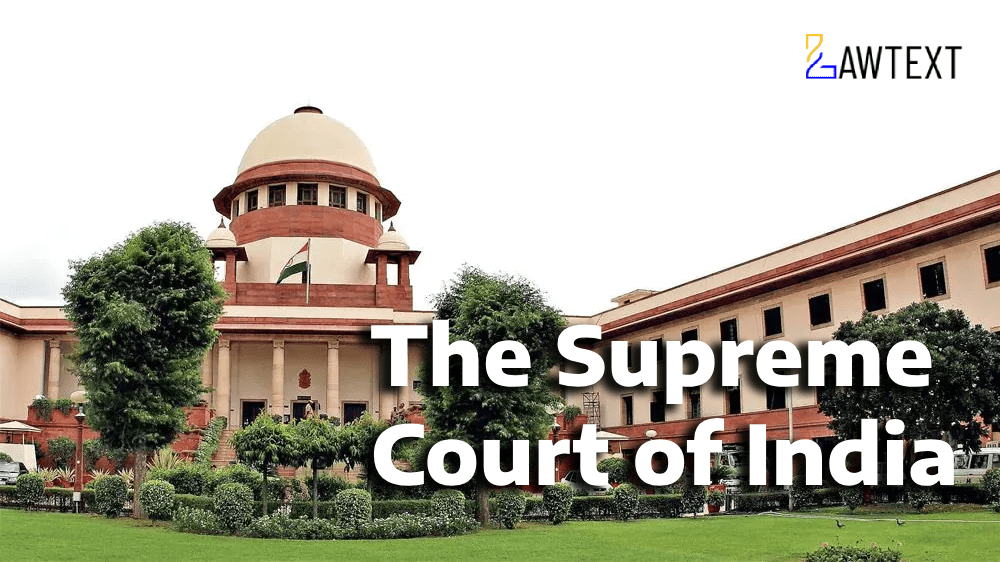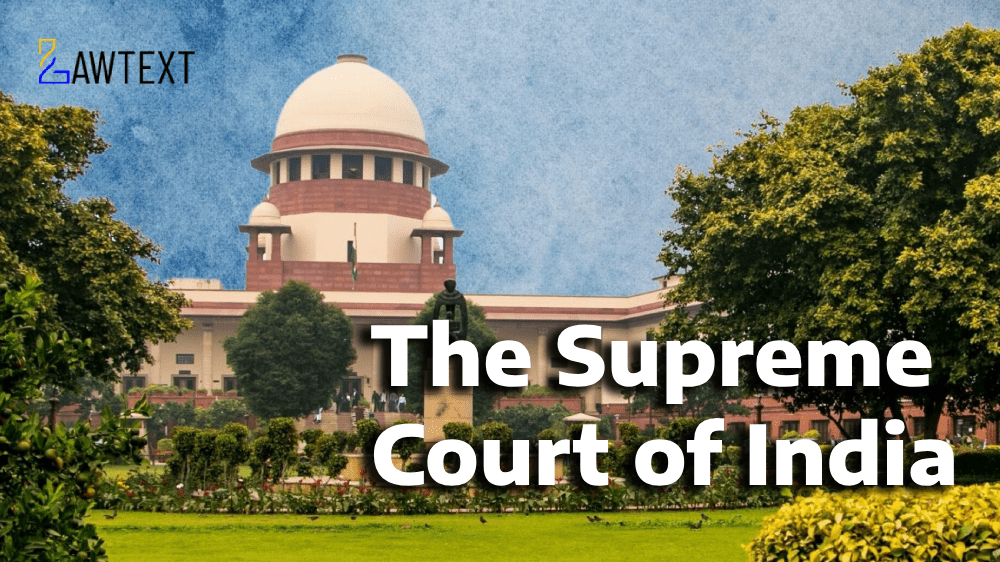Case Note & Summary
Legal provisions and procedural aspects pertaining to the Juvenile Justice (Care and Protection of Children) Act, 2015. It includes discussions on the nature of statutory provisions, exercise of revisional power by the High Court, anomalies in the Act, validity of orders passed by the Juvenile Justice Board, dissenting opinions, the right of appeal, transparency in judicial proceedings, and directions for procedural improvements.
Main Content with Headings:
I. Interpretation of Statutory Provisions
1.1 Nature of Time Limits in Statute: The court reviews various judgments to determine whether time limits prescribed in statutes are mandatory or directory in nature.
1.2 Exercise of Revisional Power by High Court: Examining the exercise of revisional power by the High Court under Section 102 of the Act, the court discusses the circumstances under which the High Court may intervene and revise orders passed by lower courts or authorities under the Act.
II. Anomaly in Section 101 of the Act
2.1 Regarding the Terms "Children's Court" and "Court of Sessions": The court identifies anomalies in Section 101 of the Act, particularly regarding the terms "Children's Court" and "Court of Sessions". It discusses the lack of clarity in the provisions and proposes solutions to streamline the procedure for filing appeals and conducting proceedings before the appropriate court.
2.2 Time for Filing Appeal Against Order of the Board under Section 15 of the Act: Addressing the issue of filing appeals against orders passed by the Board under Section 15 of the Act, the court notes the absence of a specified time limit for filing appeals and proposes guidelines to fill this gap to ensure the effectiveness of the Act.
2.3 Second Appeal: The court briefly touches upon the provision regarding second appeals under the Act. While acknowledging the need for further examination, it leaves this issue open for consideration in future cases.
Validity of Order Passed by the Juvenile Justice Board on 05.04.2022 - Dissent by a Board Member - Right of Appeal - Additional Issues of Transparency in Judicial Proceedings - Directions by the Appellate Authority.
I. Introduction The case concerns the validity of an order passed by the Juvenile Justice Board on 05.04.2022 regarding the trial of a Child in Conflict with the Law (CCL). A dissenting opinion was expressed by a Board member, leading to a review of the decision.
II. Dissenting Opinion and Majority Rule Despite a dissenting opinion, the order signed by the Principal Magistrate prevailed, as per Section 7(4) of the Act, which stipulates that in the absence of a majority, the Principal Magistrate's opinion holds. Reasons for dissent were not provided, impacting the clarity of the decision-making process.
III. Right of Appeal Considering the importance of the matter, the appellant is granted the right of appeal against the Board's order. The High Court's decision focused solely on the finality of the Board's opinion, without addressing potential arguments against it.
IV. Additional Issues: Transparency in Judicial Proceedings The High Court highlighted concerns regarding the lack of transparency in judicial proceedings, including the absence of names of presiding officers or board members in orders. Recommendations were made to improve transparency, such as recording the presence of parties and purpose of adjournments.
V. Reliefs and Directions Several directions were issued:
Clarification that the time frame for completing preliminary assessments under Section 15 of the Act is not mandatory but discretionary. Interchangeable use of 'Children's Court' and 'Court of Sessions' in the Act and Rules. Timeframe and procedures for filing appeals and revisional jurisdiction. Confirmation of the High Court's revisional jurisdiction and correctness of its procedural ruling. Confirmation of the finality of the Board's order, subject to the appellant's right of appeal. Requirement for mentioning the names of presiding officers and board members in all orders, along with recording the presence of parties and purposes of adjournments.VI. Dissemination of Judgment The judgment is to be circulated among judicial officers and members of Juvenile Justice Boards for guidance and adherence to the prescribed procedures.
Issue of Consideration: Child in Conflict with Law through his Mother Vs. State of Karnataka and Anr.
Premium Content
The Issue of Consideration is only available to subscribed members.
Subscribe Now to access critical case issues








